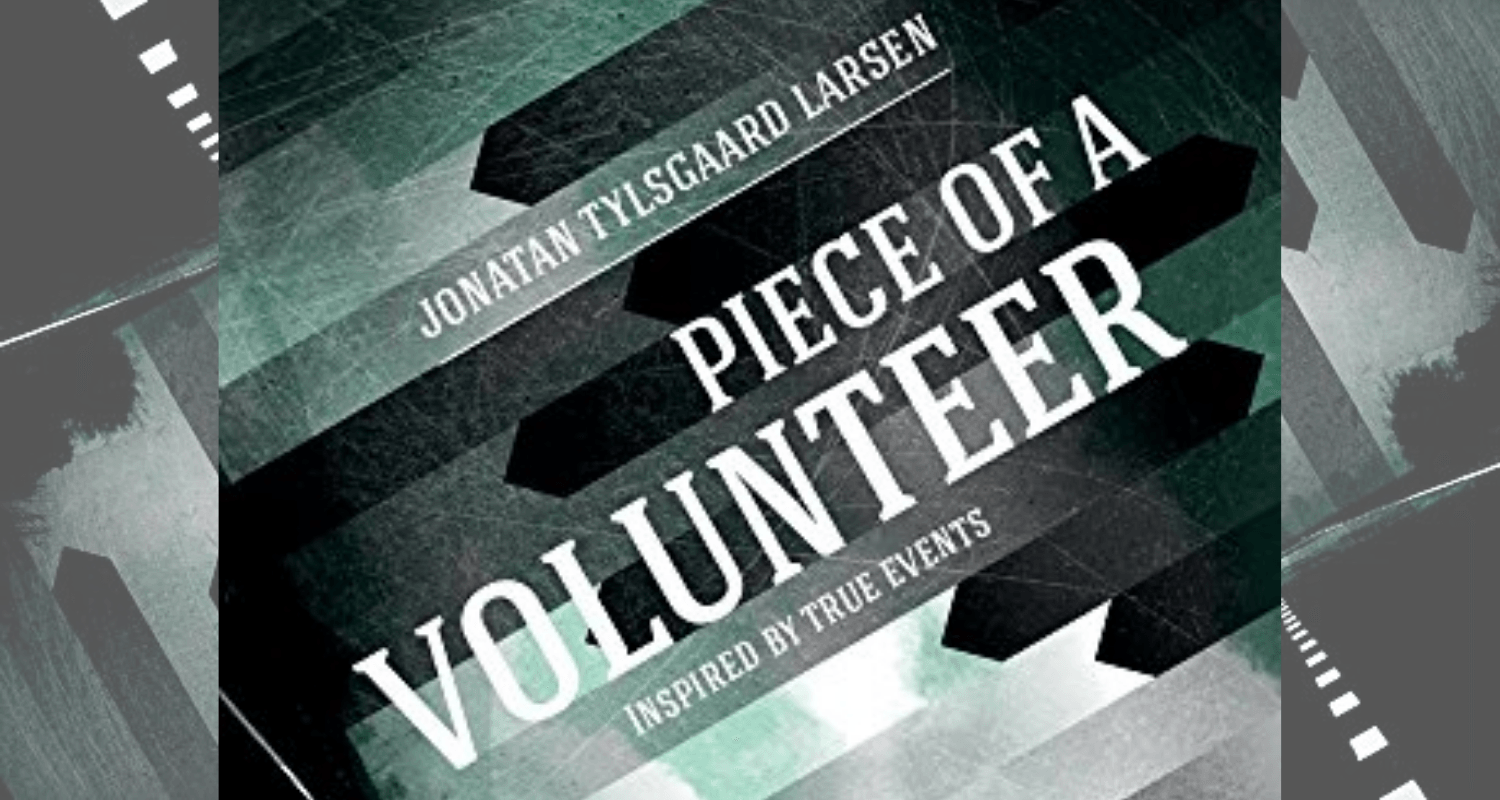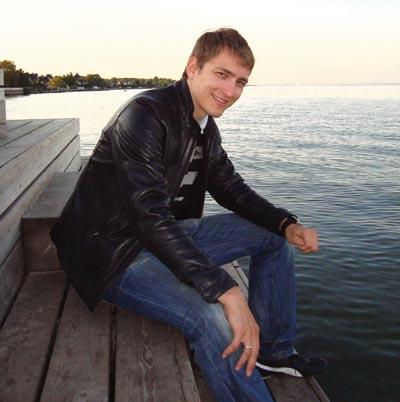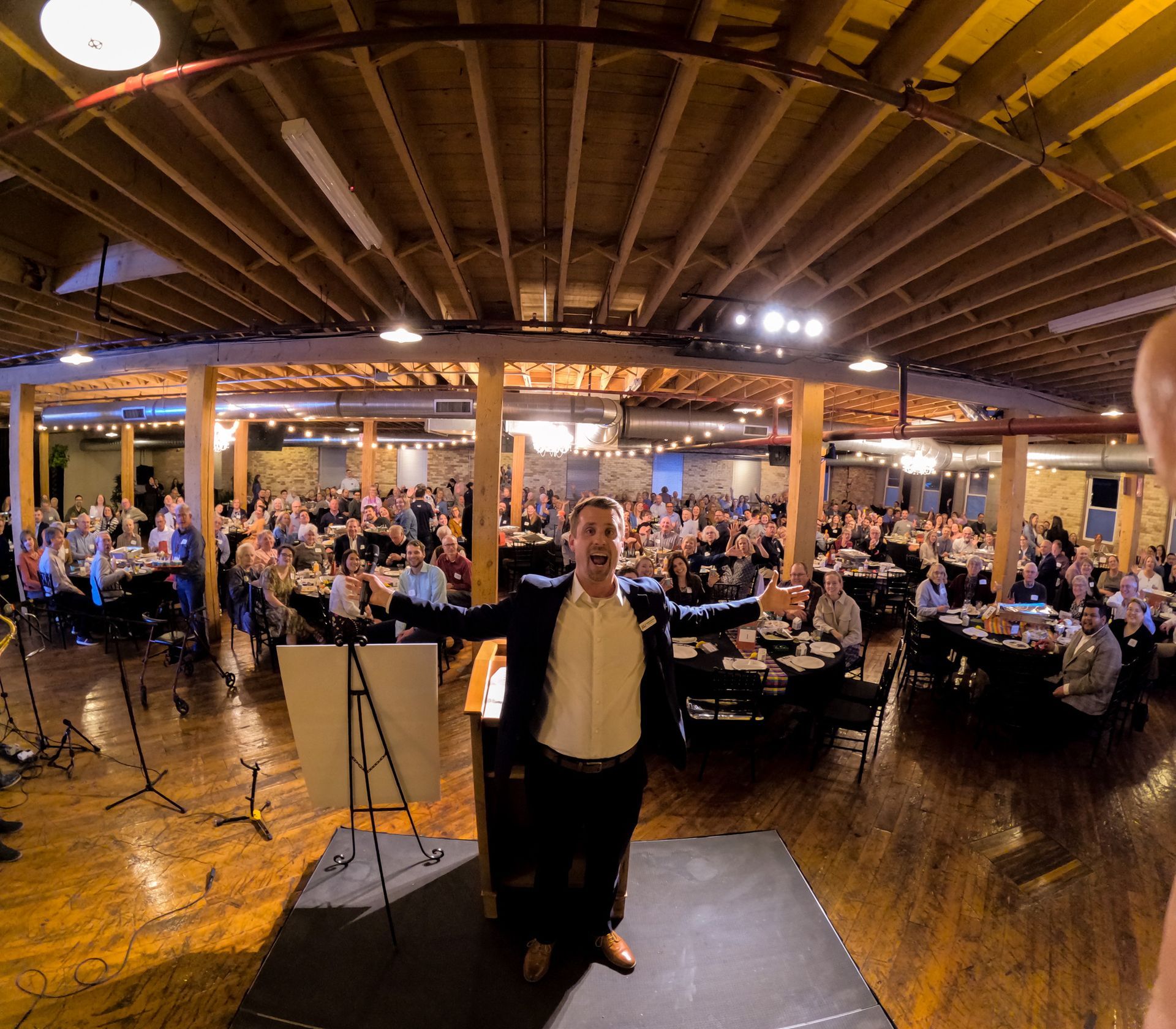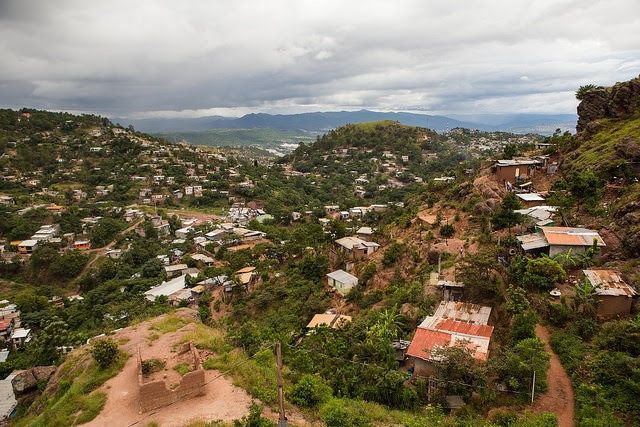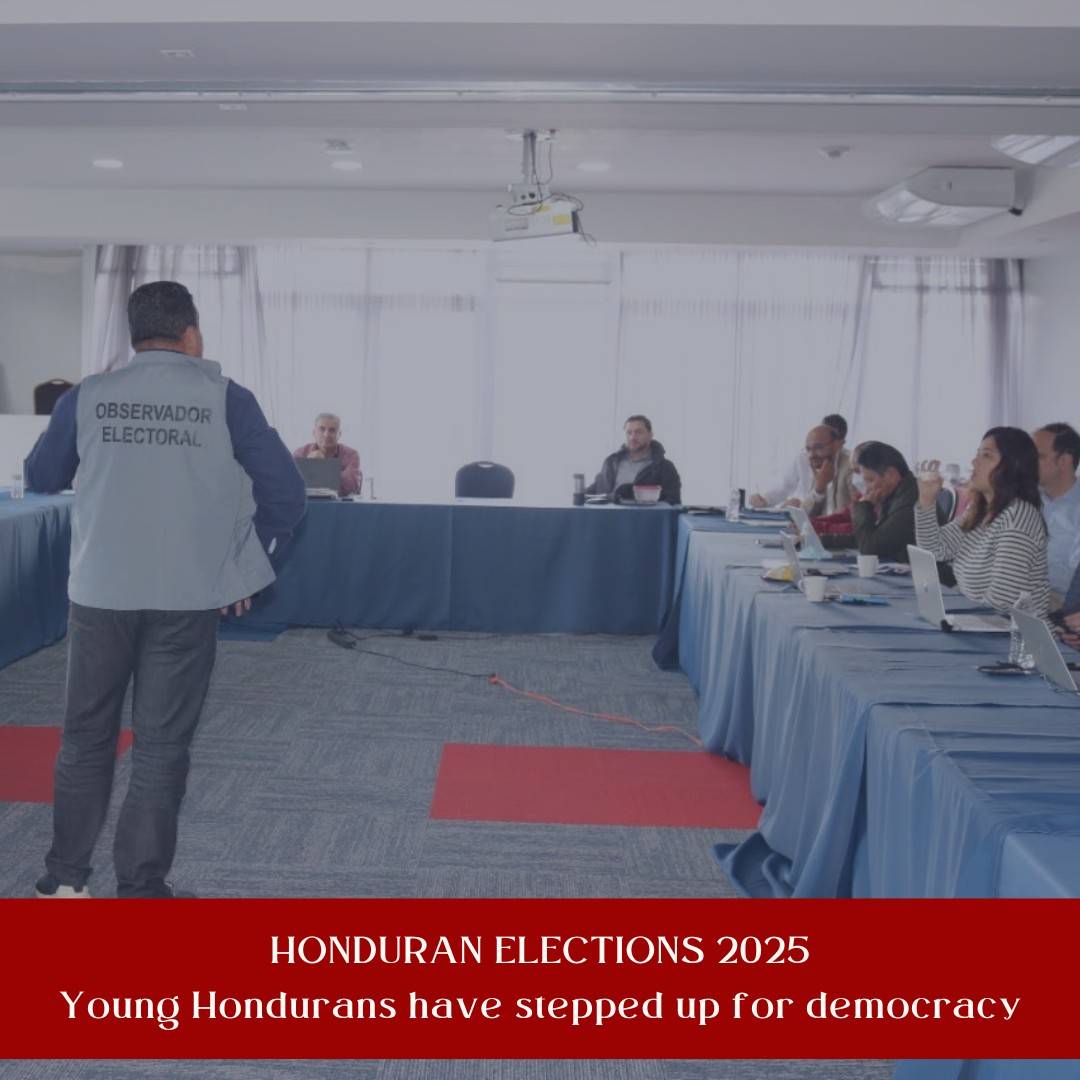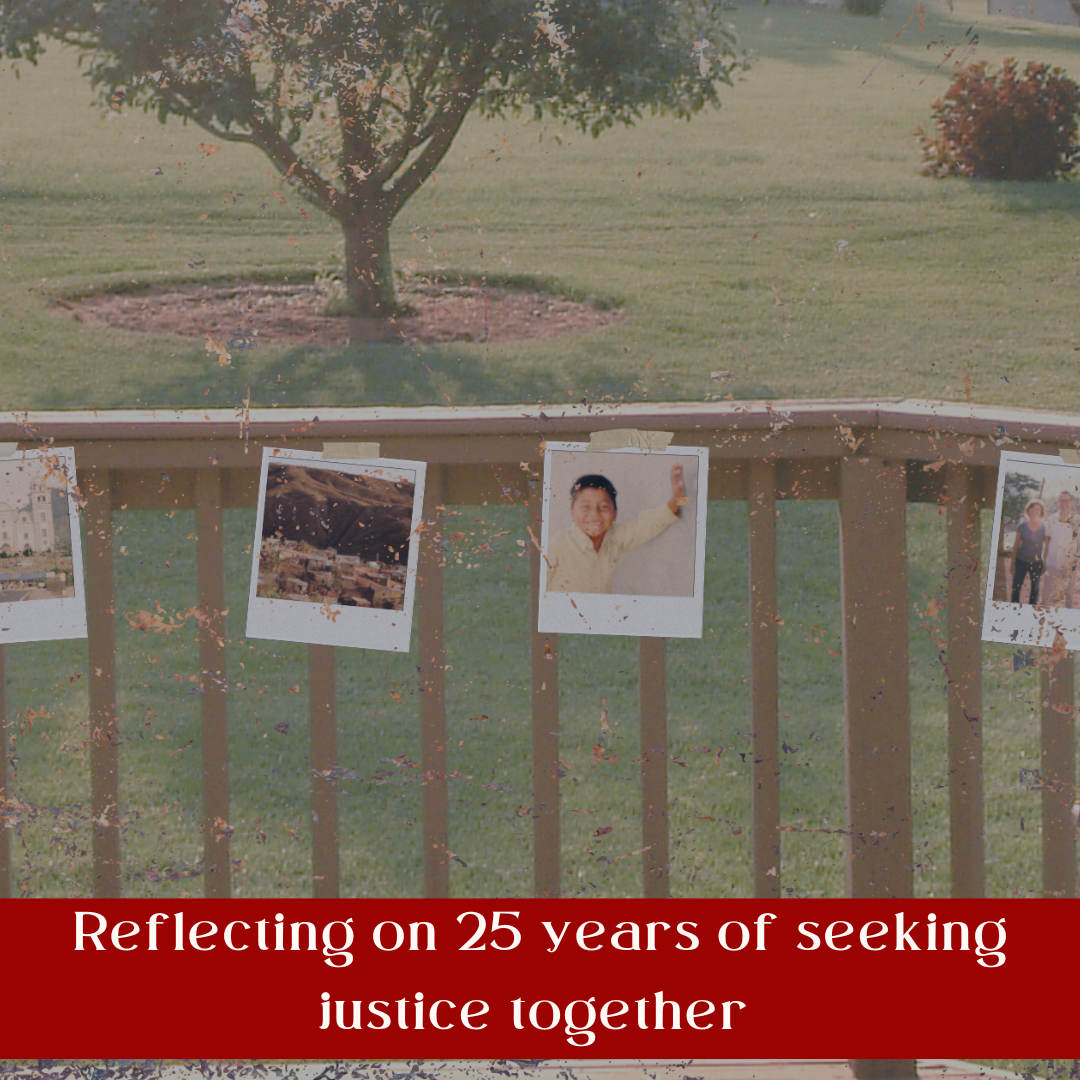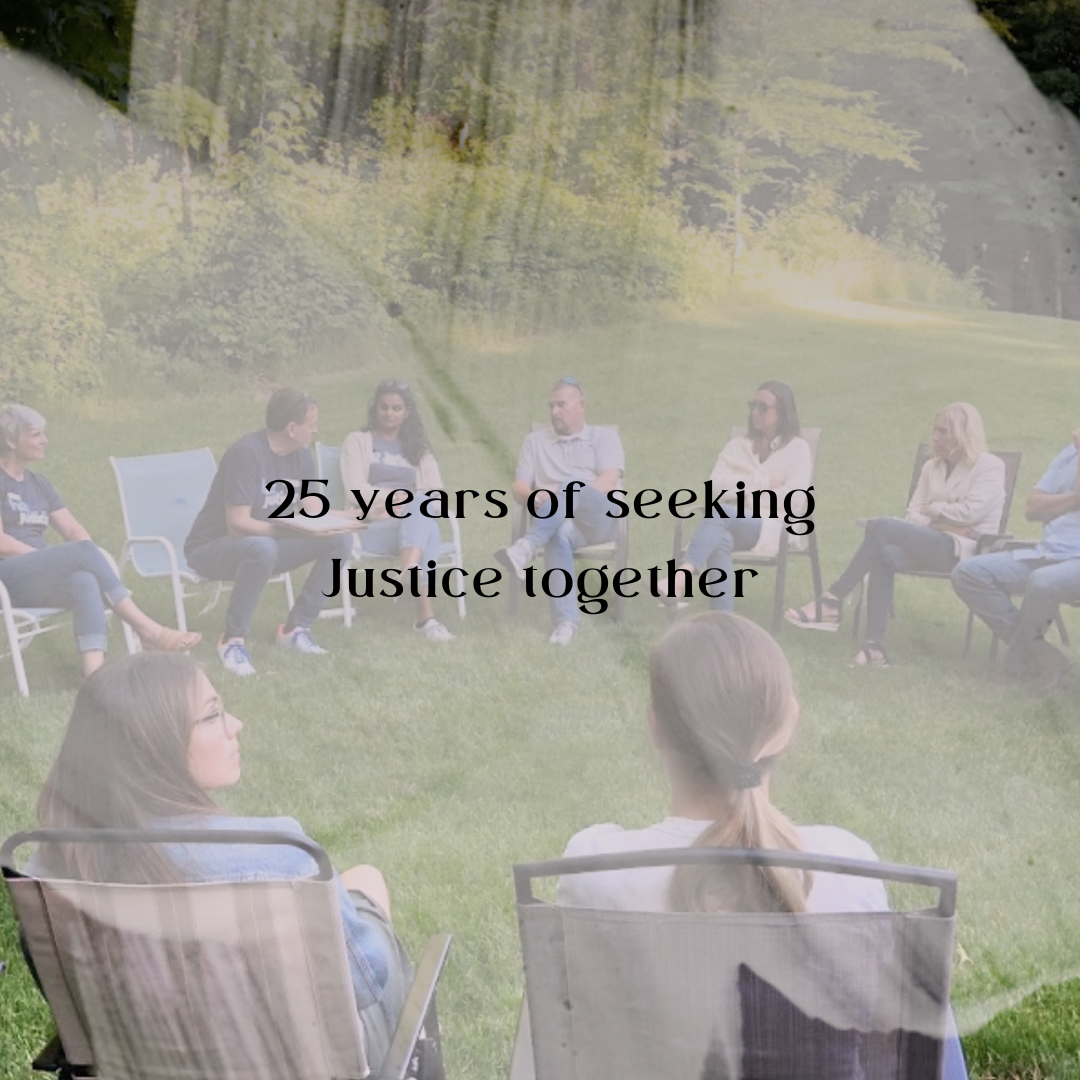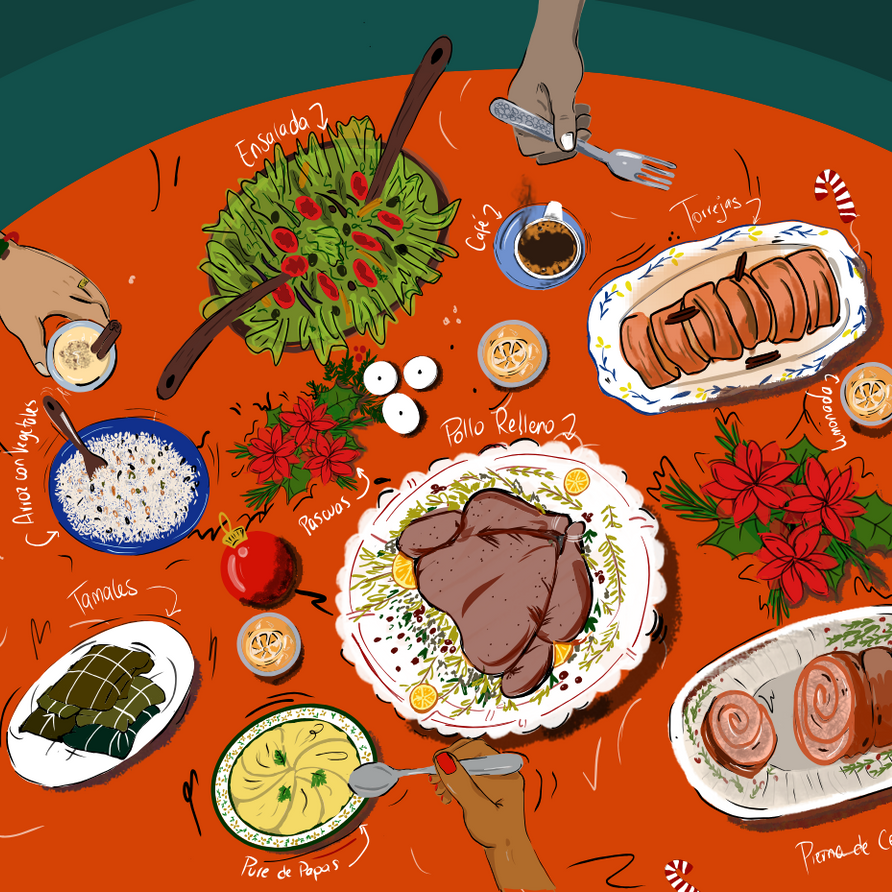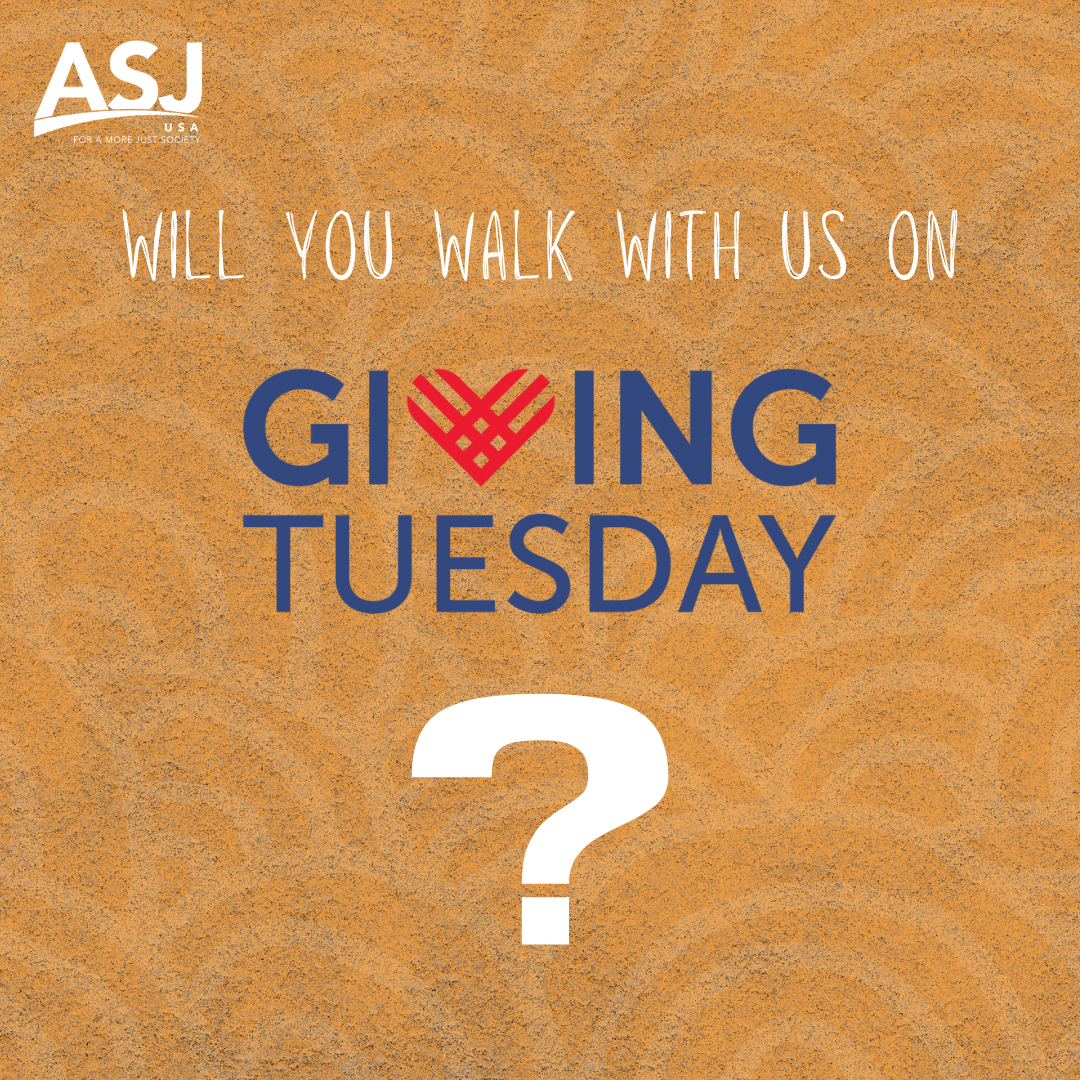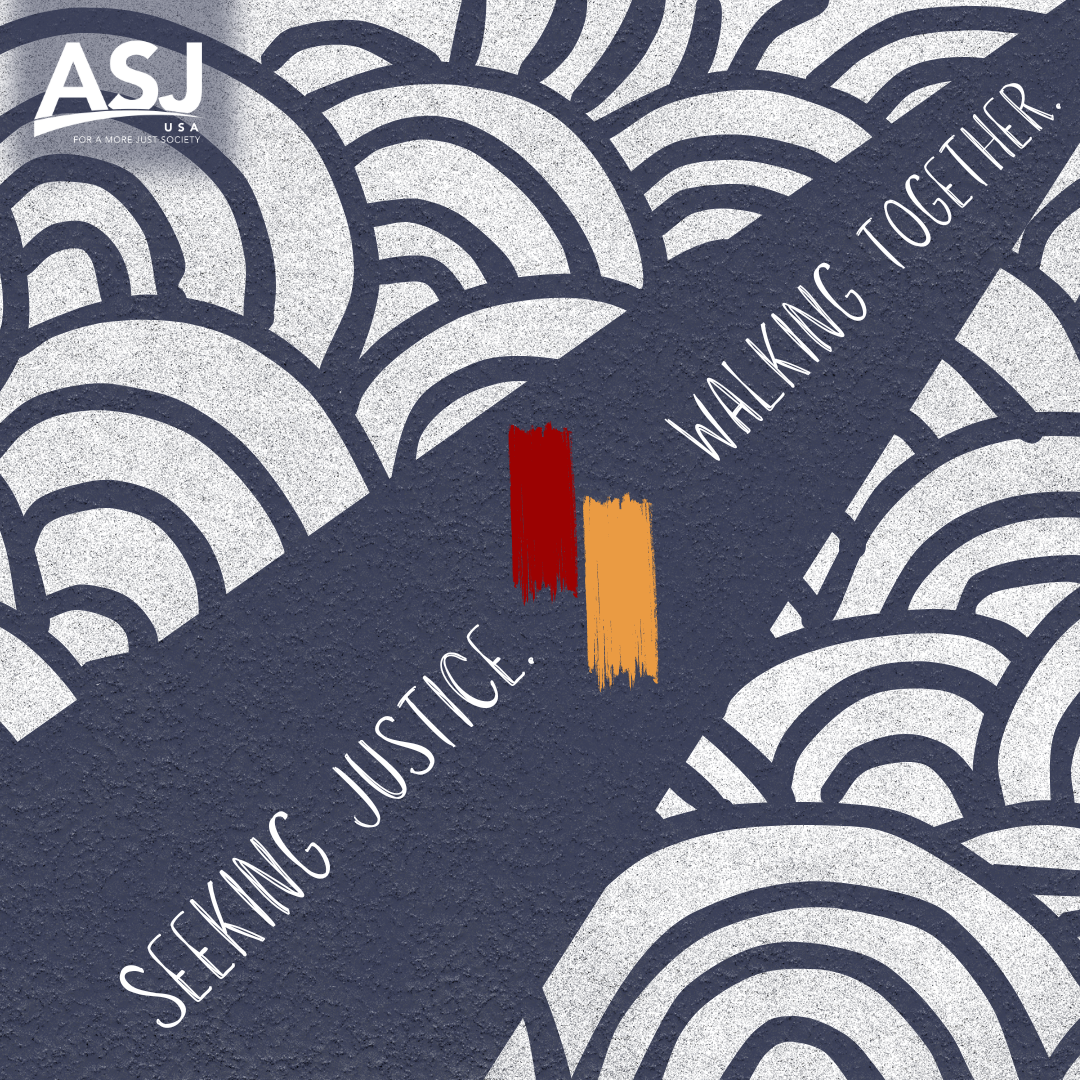”Best crime fiction of the summer,” wrote Hanne Pedersen in Danish crime-fiction magazine Krimi-Cirklen
”The reader is transported to Honduras, sees and experiences the locations in an engaging story,” wrote Jesper Løvenbalk in the Danish Church Aid magazine.
Last week Larsen released an English translation of the book as “Piece of a Volunteer,” an e-book on Amazon.
“The book got good reviews in Denmark and I had a feeling it would be interesting for a bigger audience,” he said, “For me it was partly also a calling to use my skills to advocate for the work and sacrifice I got to see through reading hundreds of pages of case material and talking to all involved. After spending so much time and energy in a project and getting so much help along the way, you want it to make some kind of difference.”
With Larsen’s permission, the Epilogue of “Piece of a Volunteer” is below.
Epilogue of “Piece of a Volunteer”
by Jonatan Tylsgaard Larsen
Public prosecutor Juan Carlos Griffin: “Do you recognize the men who killed the lawyer Dionisio?” Protected witness Z: “Yes”
[Excerpts from the trial record for the preliminary hearing on February 5, 2008 concerning the murder of Dionisio Díaz García].
Dionisio Díaz García, known in Honduras as “Lawyer of the Poor”, was gunned down in his car on Boulevard Fuerzas Armadas in Tegucigalpa, Honduras on Monday, December 4th, 2006. He was on his way to court. He and the organization ASJ (Association for a more Just Society, The Honduran Chapter of Transparency International) were leading a court case against a national security company for abusing the labor rights of a group of security guards. Both sides accused each other in the media. ASJ reported threats and persecution against them, and finally, on that December day, a motorcycle with two riders drove up next to Dionisio’s car, and fired their gun, killing him.
Although Honduras is one of the most violent countries, the murder got national attention. The investigation, though, led nowhere, affected by errors and distortions, until it was given new life through a combination of ASJ’s tireless investigative work and an Amnesty International prize for Dionisio’s journalist colleague Dina Meza on July 5th, 2007. The most influential embassies in Honduras started pressing then-President Mel Zelaya to reopen the case. A new public prosecutor, in cooperation with ASJ and a dedicated police team, found the two suspected killers.
The decisive turning point in the following trial was the testimony of protected witness “Z”, who had witnessed the shooting and could identify the killers.
After a profiled court case the leading national media on March 19th, 2009, could report the final outcome of the case. A contract killer and a police officer were found guilty in the killing of Dionisio and sentenced to 21 years in prison. No charges were pressed against the alleged intellectual masterminds of the murder. In the summer of 2012, Honduras’ Supreme Court unexpectedly acquitted the two killers. The process and verdict was publicly questioned and criticized for its legal problems.
—
I have a penchant for Latin America and have visited the area several times. In 2008, my wife Signe and I were in Honduras as leaders of a group of international volunteers. I had just finished my first novel and searched for a new subject, when my friend Arne, Director of the NGO Viva Denmark, told me one of the last days: “I have an important story for you.” We visited the organization ASJ, where I was introduced to the story of Dionisio Díaz García by his former colleagues. After the meeting, I agreed with Arne.
A year later, my wife and I were back in Honduras with the support of Amnesty International to research the murder case. We stayed with local friends in the marginalized neighborhood of Nueva Suyapa. I still remember the unusual mix of heartwarming Latin American hospitality and a basic uncertainty to the environment. They told us that someone had been killed in front of the house a few days earlier and that even small kids from the neighborhood frequently became first hand witnesses to such events. At night we heard gunfire.
Even more than the raw violence and overt poverty, we were affected by the many different reactions to the Dionisio murder case. There were critical ones, such as an upper-class business director who had invited us for dinner and said that human rights defenders only protected criminals and made the work for police harder. Some who worked in a childrens’ home called it a “guerra perdida”, a lost battle, and preferred to help the poor with their physical needs. A suspicious director of a security company had researched my background and several times tried to catch me off-guard to reveal who had sent me.
But there were also others, such as security guards, nervously trying to understand their rights or the former editor of the leading newspaper Tribuna, who had lost his job because of his criticism of the newspaper’s new owner. There was the police woman who spoke of the constant battle between the good and bad cops, and the judge who convicted the accused ones in the case in spite of threatening phone calls the night before. Secretly, I met one of the police investigators in a burger restaurant and asked him, among other things, why he kept a job that had cost the life of so many other investigators. He was an average family man in his fifties, and I still remember his answer: “If not me, who else?”
I met many who fought for justice – it may sound superficial in a Western context, but in Honduras it is a very present struggle. In 2013 the country was one of the most violent in the world with a murder rate of 82.3 per 100,000. By comparison the US had one of 5 per 100,000. According to the violence observatory of one of Honduras’ universities around 34% of murder cases were gang related.
At present time, some positive changes give hope for the future of Honduras, though there is still a long road ahead. In the summer of 2015 historical peaceful demonstrations filled the streets of all major Honduran cities, demanding an end to the corruption within the political and financial elite. These events made observers talk of a possible “Central American Spring”, as similar events had led to radical changes in neighboring Guatemala. In Honduras violence and homicide rates are slowly falling, and an effective police purification commission is transforming the police force. Finally the Honduran government gave a mandate to an international anti-corruption commission (MACCIH) under the Organization of American States to examine some of the country’s large corruption cases.
However Honduras remains one of the world’s most dangerous countries for human rights defenders and investigative journalists. Those who enter into the fight for justice in Honduras, live with the knowledge that it may cost them their lives.
Dionisio lived such a life, and it is my understanding that he was in this fight even though he knew of the fear and uncertainty. Therefore, I humbly dedicated this novel to him.
—
Piece of a Volunteer is a novel, which means that the characters are fictitious, except for the obvious historical ones, such as President Zelaya. Although some of their roles can be found in reality, I have let my imagination create their personality, and any resemblance to real persons is coincidental and unintentional. This also applies to the two fictitious organizations involved, Todos and Hondusec.
Although the novel is fictional, it is based on the aforementioned events, however, in simplified form for the sake of readability.
A novel like this does not come to life without the help of numerous people, and I should like to mention the most important: Signe, for her continuous support of the project and the meticulous examination with red ink; Arne Kristensen, for inspiration, sparring and encouragement throughout the process; Amnesty, for financial support for my research journey; the staff of ASJ for their time, hospitality and knowledge-sharing, especially Carlos and Bernarda for shelter and Abram for countless shipments of documents; all who would talk to me about the novel, both in Honduras and in Denmark; and finally everyone who has commented on the book or given ideas for its distribution.
—
The novel was originally published in Denmark in 2013. The English translation was released on December 6th, 2016, at an event commemorating the 10-year anniversary of Dionisio’s death.
Dionisio’s case still remains an example of impunity, and an appeal sent to the Inter-American Human Rights Court is stalled in the review process. Nonetheless, his death has not been forgotten. In many ways, it marked a turning point for ASJ, which has continued over the past 10 years to defend the rights of the poor and vulnerable in Honduras. The struggle for human rights is a relentless one and the Dionisio case shines a light on the people who, after many a setback, get up again and start on the next case.
I hope that you as a reader found Piece of a Volunteer both a good read and an authentic window into the world of volunteering and human rights.
Thank you for engaging!
Jonatan Tylsgaard Larsen
December 6, 2016




